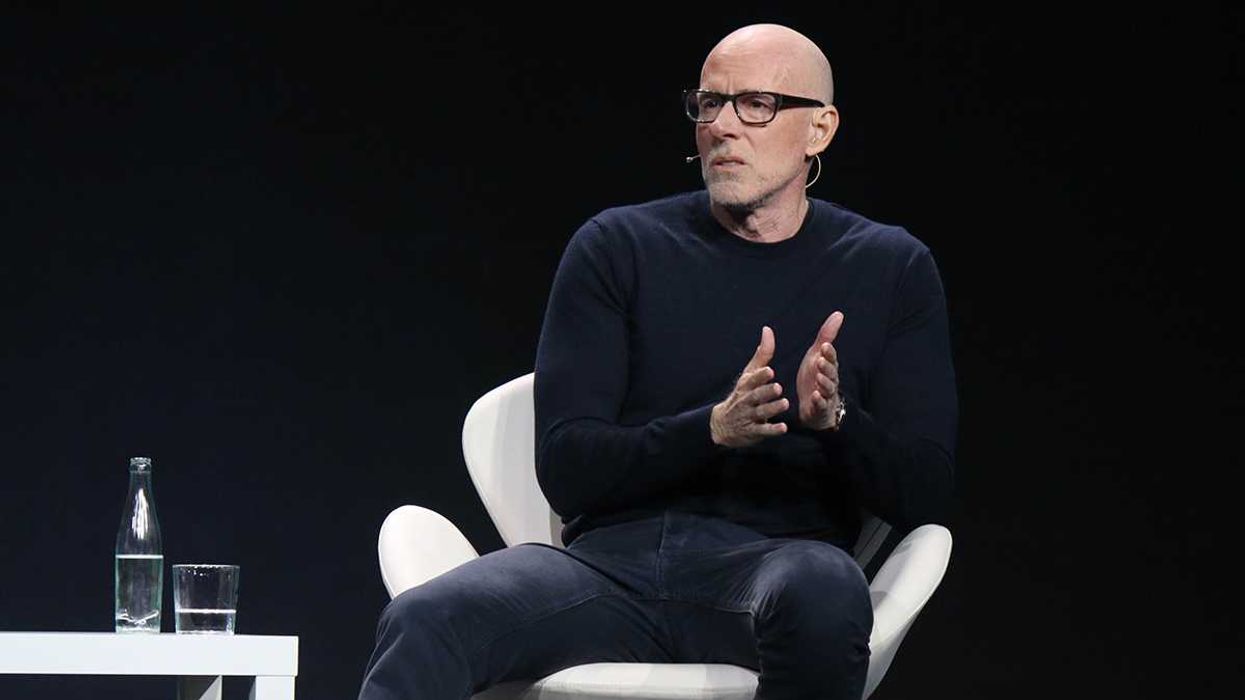Greg McEvilly married his college sweetheart, Erin, right after graduation and built what had been his dream career in commercial real estate. He was making good money and having fun finding storefronts for retailers and large restaurant chains. It was 2008.
Then the couple had a change of heart. “We wanted to be doing things that really have a substantial impact on the world and helping people in need—and really living our lives to serve and love others,” Greg remembers.
When the housing bubble burst and Greg’s business dried up, it only validated their decision to pursue graduate education: Greg at Dallas Theological Seminary and Erin at Texas Tech.
The couple sold their house, furniture, and 2002 Chevy Avalanche, but still had trouble paying the bills. Like millions of young adults (ages 18-31) during the Great Recession, Greg and Erin were soon living with mom and dad—in this case, Greg’s parents. They chipped in on food and bills and stayed in a converted office in the Dallas, Texas home. “It was just a total act of love and grace from my parents to not charge us rent,” Greg says. Greg and Erin moved to a full house: Greg’s brother was home from college. His sister moved in after college and before landing a full-time job. “It was one of the most trying times, if not the most trying time, in our lives,” says Greg.
But it was also an intellectually fertile time. In his master’s program in Cross Cultural Communications, Greg was writing a thesis on how to eradicate malaria in our lifetime. He brainstormed an alternative-bedding solution for relief camps and institutional orphanages—affordable, lightweight, suspended hammocks that could protect from mosquitos and replace cumbersome metal-framed cots.
After a year and a half, the couple moved out. Greg got Kammok funded on Kickstarter. And he did it while juggling two part-time jobs and wrapping up his master’s program. It was a hustle, but things were taking off. Then, Erin unexpectedly got pregnant. They had an infant company and soon would have an infant son. When their lease was up, the growing family moved back in with Greg’s parents. This time, his brother and sister were out of the house.
It was a time of uncertainty for everyone in the family. Greg’s father, once a technology manager, had been laid off years before and had suffered a serious illness that drained the family’s savings. Greg’s mother, a stay-at-home mom, updated her resume for the first time since she was a young woman and landed part-time, then full-time, work.
Erin was the primary breadwinner for the younger couple, like many other families in the Recession—which resulted in more lost jobs for men and increasing numbers of women who became primary breadwinners. Greg didn’t take a salary from his fledgling business, Kammok, for three and a half years and was a stay-at-home dad once their son arrived.
“It stretched everybody,” Greg said.
Since Greg’s father was out of work, he helped with Kammok, advising on shipping and customer service. He also spent time being a grandfather. Greg says that although it was a hard time for his father, “it was also the best time.” They made it through that season in their lives together.
And Kammok grew. The company’s camping hammocks and accessories are now in 40-plus retailers, including REI. Business has grown five-fold in the past year alone. And as part of its giveback model, through a partnership with Malaria No More, the B corporation has distributed over 40,000 life-saving treatments to children diagnosed with malaria in Africa.
It took another year and a half to move out the second time around, but now Erin and Greg have moved Kammok’s headquarters (and their home) to Austin, Texas.
The time spent living at home was sometimes challenging, Greg said, “but also a huge time of growth to really equip us in ways that we could have never imagined to really handle life a lot better now—with a fast-growing company, in a new city, with a young family and all the risk that's involved in all of that.” Looking back, Greg calls their time living with his parents “an incredibly sweet time that acted as a blessing in disguise.”
















 Otis knew before they did.
Otis knew before they did.